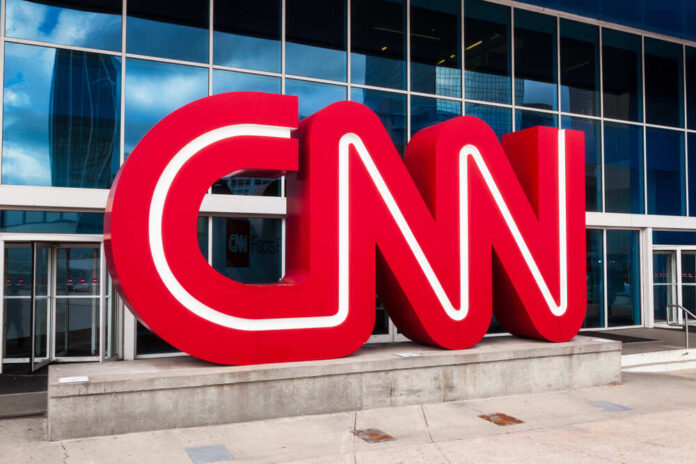
CNN faces a $1 billion defamation lawsuit from Zachary Young, a private contractor who assisted with evacuations from Afghanistan, setting the stage for a high-stakes legal battle with far-reaching implications for media integrity.
At a Glance
- Zachary Young sues CNN for $1 billion over allegedly defamatory claims made on Jake Tapper’s show
- CNN accused of portraying Young’s evacuation assistance work as “illegal” and “exploitative”
- Florida appeals court found evidence of potential negligence and actual malice by CNN
- Jury trial scheduled for January 6, with CNN required to present financial data from 2021
- Case highlights challenges media faces regarding fact-checking and editorial responsibilities
The Lawsuit and Its Origins
Zachary Young, a security contractor involved in evacuating people from Afghanistan following the U.S. military withdrawal in 2021, has initiated a $1 billion defamation lawsuit against CNN. The lawsuit stems from allegations that CNN, particularly through reporting by Alex Marquardt on Jake Tapper’s show, portrayed Young’s activities as illegal and exploitative.
The core of the dispute lies in CNN’s characterization of Young’s work, initially using terms like “black market” to describe his operations. This portrayal, according to Young, has severely damaged his reputation and destroyed his consulting business, Nemex Enterprises.
Legal Developments and CNN’s Response
In a significant development, a Florida appeals court has found sufficient evidence of potential negligence and actual malice by CNN to allow the case to proceed to a jury trial. This decision enables Young to seek punitive damages, escalating the stakes for CNN.
“Few things are more common in newsrooms than journalists using tough and indignant language to refer to persons whose misdeeds they believe they are in the process of exposing.” – CNN attorneys
CNN has responded to the allegations by arguing that its reporting was based on “only what it knew to be true.” The network has since removed the term “black market” from the web version of the story and issued an on-air apology, clarifying that Young’s activities were not illegal. However, the court found this correction, delivered months after the initial report, to be insufficient.
Evidence and Internal Communications
The case has brought to light internal communications at CNN that suggest a lack of proper verification and potential malice in the reporting. Evidence includes derogatory text messages from CNN journalists about Young and emails questioning the story’s readiness to air. One particularly damaging exchange revealed a CNN journalist stating, “we gonna nail this Young mf—.”
“And before we go, a correction. In November, we ran a story about Afghans desperate to pay high sums beyond the reach of average Afghans. The story included a lead-in and banner throughout the story that referenced a black market. The use of the term black market in the story was in error. The story included reporting on Zachary Young, a private operator who had been contacted by family members of Afghans trying to flee the country. We didn’t mean to suggest that Mr. Young participated in the black market. We regret the error and to Mr. Young, we apologize.” – Jake Tapper
The reporting by Alex Marquardt has come under scrutiny for giving Young a limited response time despite extensive prior research. This aspect of the case raises questions about journalistic practices and the balance between breaking news and thorough fact-checking.
Implications for Media Integrity
This lawsuit could have significant implications for how news organizations handle sensitive reporting to avoid legal pitfalls and maintain journalistic integrity. It highlights the challenges media entities face regarding fact-checking responsibilities before dissemination of information.
The case has not received widespread media attention, with muted interest from major news outlets. This relative silence is noteworthy, especially when compared to similar high-profile cases like the Fox News-Dominion settlement. The outcome of this trial could potentially reshape journalistic practices and legal standards for defamation cases involving media organizations.
As the January 6 trial date approaches, the media industry watches closely. The requirement for CNN to present financial data from 2021 during the trial adds another layer of complexity and potential consequences for the network. This case serves as a reminder of the delicate balance between freedom of the press and the responsibility to report accurately and fairly.














